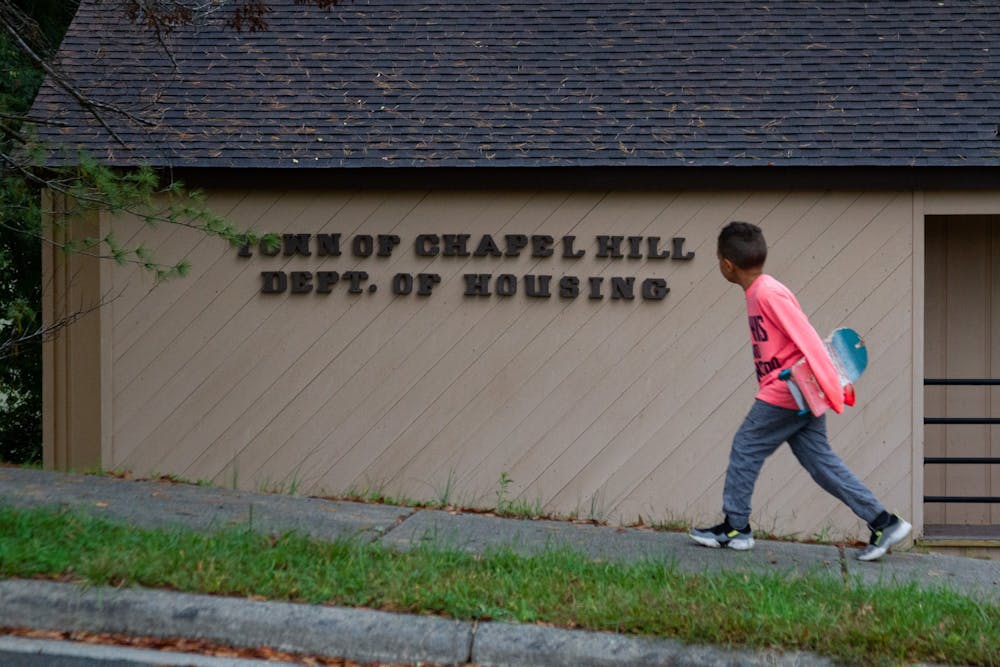Following a federal moratorium from the Centers for Disease Control and Prevention that prevents evictions until Dec. 31, Gov. Roy Cooper announced an executive order that provides more protections for tenants in North Carolina.
The order, which Cooper announced Oct. 28, clarifies which residents are eligible for protections and ensures that those who qualify for assistance under the statewide Housing Opportunities and Prevention of Evictions program are protected as well.
"Roughly 300,000 to 400,000 households across North Carolina are currently unable to pay rent," Cooper said at the news briefing. "Without today’s action, almost a quarter of a million eviction filings could be submitted by January 2021."
Michael Manset, staff attorney for Legal Aid of North Carolina’s Pittsboro office, said the order is a way to clarify how the state's courts proceed under the CDC declaration, provide additional protections for tenants and add responsibility to landlords.
He said one of the executive order's biggest impacts is clarifying to what extent a landlord can challenge a CDC declaration from a tenant. He said different courts across the state have been handling this differently.
He said that in North Carolina, the executive order states that if a landlord receives a CDC declaration from the tenant, they can challenge whether or not the tenant is eligible for the protections. But they have to have a hearing separate from the summary ejectment or eviction hearing.
Cooper's order states landlords must provide the tenant with a copy of the declaration form in any action for eviction against that tenant, and inform them of their rights under the CDC order. The landlord must also notify the court if the tenant provides the landlord with a copy of the declaration and file it with the court.
Manset said if a landlord were to fail to take these steps, the landlord could be criminally liable under a level two misdemeanor.
“I think it actually clears up and provides additional guidance to how North Carolina courts should treat the declaration,” Manset said.



